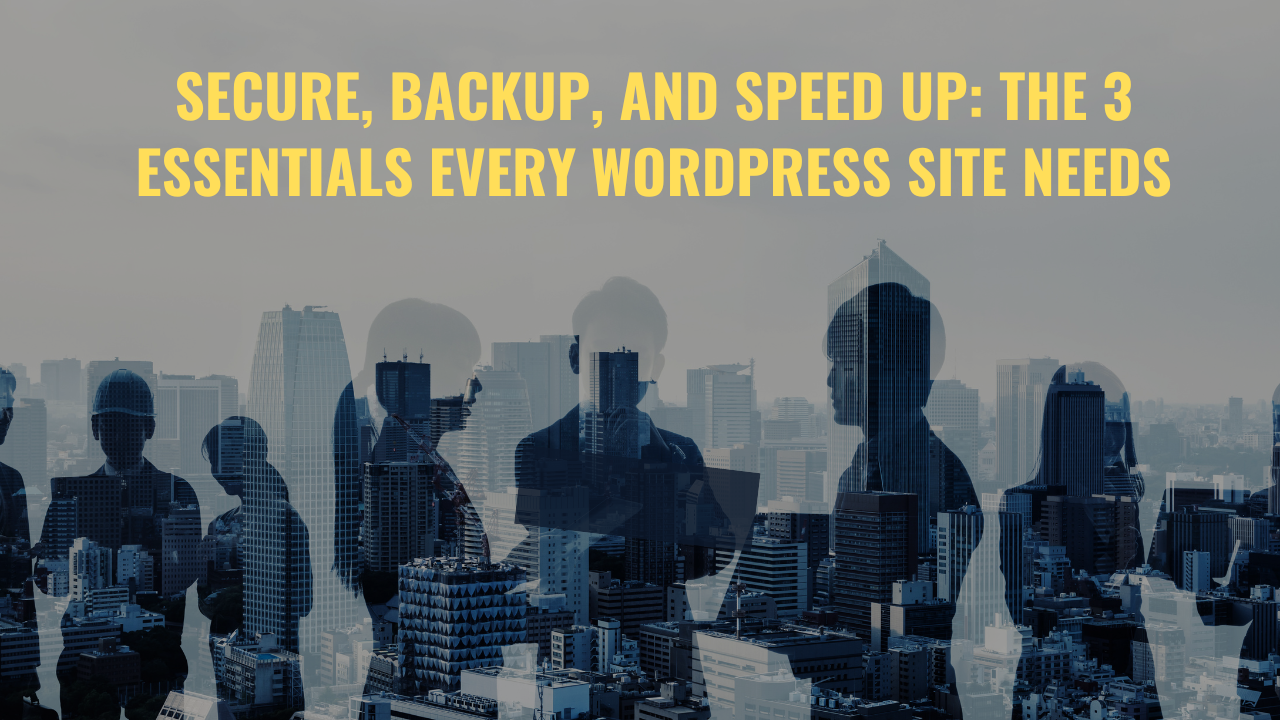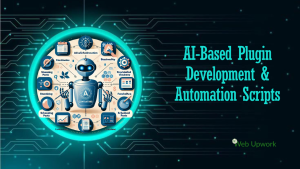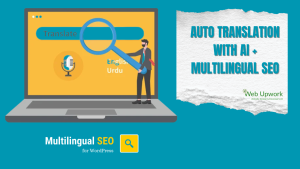When it comes to running a WordPress website, design and content often take center stage. But behind the scenes, three less glamorous — yet absolutely essential — factors determine whether your site is safe, reliable, and fast:
✅ Security
✅ Backups
✅ Cache Management
If you neglect these, your website is at risk of hacking, downtime, or painfully slow performance — all of which can hurt your brand and business. Let’s break down why each one matters and how you can implement them the right way.
1. Security: Your First Line of Defense 🔐
WordPress powers more than 40% of the internet, making it a favorite target for hackers. Security isn’t optional — it’s a must.
Key Risks Without Security:
Malware infections
Data theft
Brute-force login attacks
SEO penalties (Google can blacklist hacked sites)
How to Secure Your WordPress Site:
Use a strong username/password (avoid “admin”).
Install a security plugin like Wordfence or Sucuri.
Enable two-factor authentication (2FA) for logins.
Keep WordPress core, themes, and plugins updated.
Use an SSL certificate (HTTPS) to protect data transfer.
👉 A secure site builds trust and protects your investment.
2. Backups: Your Website’s Safety Net ☁️
Imagine losing your website overnight due to a hack, server crash, or human error. Without a backup, rebuilding could take weeks — or worse, may be impossible.
Why Backups Matter:
Protect against accidental deletions.
Restore quickly after hacks or crashes.
Provide peace of mind for business owners.
Best Practices for Backups:
Use plugins like UpdraftPlus, BlogVault, or BackupBuddy.
Store backups in multiple locations (cloud + local).
Set automatic daily or weekly backups depending on update frequency.
Always test your restore process to ensure backups work.
👉 A recent backup can save you from costly downtime.
3. Cache Management: Speed That Matters ⚡
Slow websites don’t just frustrate visitors — they kill conversions and hurt SEO. Studies show users leave if a site takes more than 3 seconds to load. That’s where caching comes in.
What is Caching?
Caching stores copies of your website’s files so that they load faster for repeat visitors. Instead of fetching data from the server every time, the site delivers pre-saved content quickly.
How to Implement Caching:
Use caching plugins like WP Rocket, W3 Total Cache, or LiteSpeed Cache.
Enable browser caching for repeat visitors.
Combine caching with image optimization and a Content Delivery Network (CDN) for best results.
👉 Faster load times = better SEO rankings + happier users.
Final Thoughts 💡
Running a successful WordPress site is about more than design. Security, backups, and caching are the three pillars that keep your website safe, reliable, and fast.
When you take these seriously, you:
✔ Protect your business from cyber threats
✔ Ensure you can always recover from disasters
✔ Deliver a lightning-fast user experience





